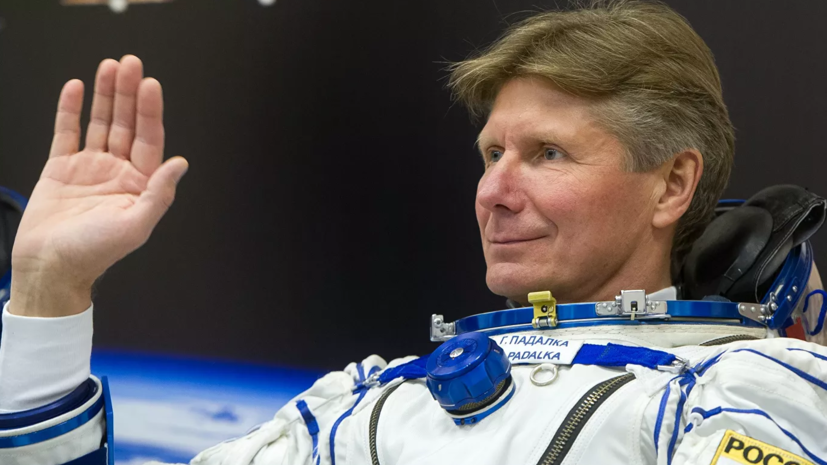According to him, over the past 20 years, "the industry has really passed badly," and there are several reasons for this.
“Firstly, the technological gap: the ISS Russian segment is built on the technology of the 1980s,” he said.
According to the astronaut, the promising laboratory module "Science" and the Scientific and Energy Module are still on Earth, "although they should have been part of our segment back in 2008-2009."
“A well-made and reliable, but long obsolete Soyuz ship undergoes endless modernization,” he added.
The astronaut calls another negative factor "inefficient and inappropriate use of budget and commercial funds in the industry."
“Thirdly, the lack of qualified specialists. There was a significant bias towards managers, lawyers, economists, financiers, ”he said.
As Padalka noted, top management in foreign space agencies and companies, as a rule, are professionals with excellent engineering and technical education, representatives of scientific communities, and experts in the field of applied physics.
“By the way, this is what was in our space bureaus and teams in the 1960-1970s, with our outstanding designers Korolev, Glushko, Chelomei,” he added.
In his opinion, the stagnation period began “still in the zero,” by launching two basic modules on the ISS, around which partners were able to begin assembling their segments, for some reason Russia stopped developing this direction.
“We are still flying on what we inherited from the Soviet Union. They haven’t created anything new, now I’m only talking about manned space exploration ... We cannot boast of the “Union”, this is the achievement of the generation of space pioneers. Our generation has not created anything like this, ”he said.
In turn, the commander of the Russian cosmonaut squad Hero of Russia Oleg Kononenko, who flew in the same crew as Padalka, noted that there was no stagnation.
“Everything is fine with us and there is a prospect. Three new and young astronauts will fly next year, so everything is fine, ”he said.
As the agency recalls, referring to the information of Roscosmos, the completion of the construction of the ISS Russian segment is expected in 2023, and at the end of 2020 - early 2021 it is planned to launch the Nauka module, in 2022 the Nodal module, and a year later, the Scientific and Energy module.
Earlier, Russian leader Vladimir Putin said that in the face of increasing competition in the space services market, Russia needs to "be one step ahead."
As the head of Roskosmos, Dmitry Rogozin, noted, the corporation is cutting staff who are not related to the production potential of the space and rocket industry enterprises.

